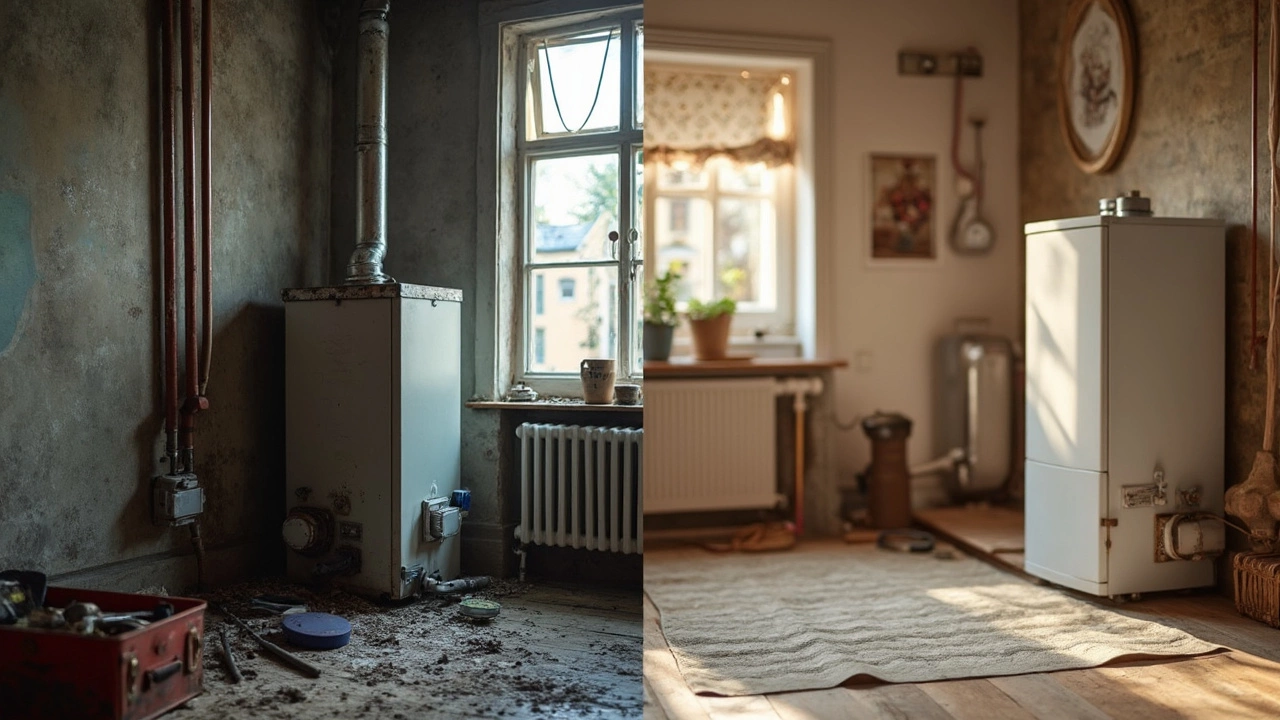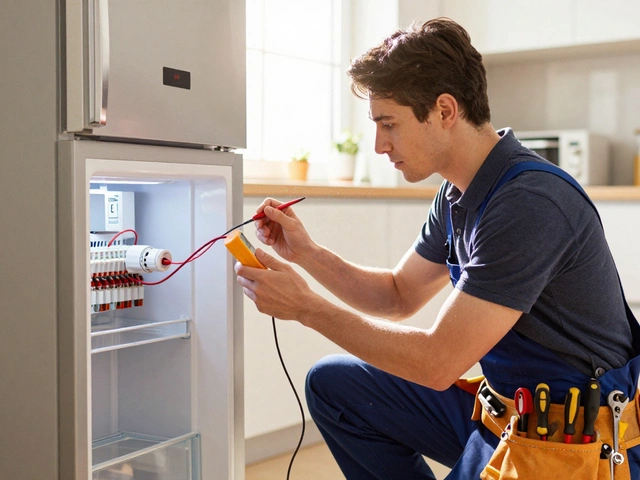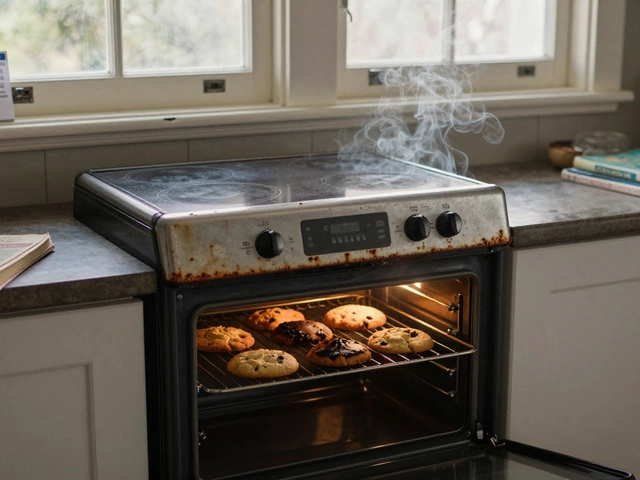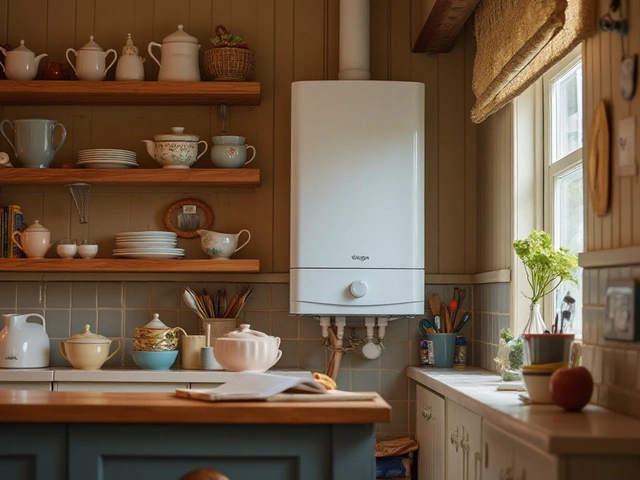How Do You Describe an Appliance? A Practical Guide for Homeowners and Service Technicians
March 1 2026Home Heating Advice: Boiler Care, Warm‑Home Tips & Energy Savings
If your house feels chilly or your boiler is coughing up strange noises, you’re not alone. Home heating problems pop up for everyone, but you don’t have to panic. Below you’ll get straight‑forward guidance on keeping your boiler, radiators and water heater in top shape, plus quick moves to cut your energy bills.
Quick Boiler Check‑Up
Start with the basics. Turn the thermostat up a few degrees and listen for the boiler. A steady hum means it’s firing correctly; rattles or clunks usually point to loose parts or limescale. Make sure the pressure gauge reads between 1 and 1.5 bar when the system is off – anything outside that range can cause trips or leaks.
Next, wipe the external panels with a damp cloth. Dust blocks the heat‑exchange and forces the boiler to work harder. If you spot any rust or corrosion, call a certified gas engineer right away – it’s a safety issue, not a DIY job.
Radiator and Water‑Heater TLC
Cold spots on radiators? Bleed them. Use a radiator key, turn the valve clockwise, let the air hiss out, then close it when water starts flowing. It’s a five‑minute fix that makes a big difference in room temperature.
For water heaters, a yearly flush removes sediment that lowers efficiency. Plug the drain valve, let the water run until it’s clear, then refill. If you hear popping noises while the heater runs, that’s a sign of built‑up sediment – flush it ASAP.
Don’t forget the thermostat. An old or miscalibrated model can keep you paying for heat you never feel. Replace it with a programmable unit for under £30 and you’ll see savings in weeks.
When something feels wrong, weigh repair versus replacement. A 10‑year‑old boiler that needs a major part may cost more over time than a new, energy‑efficient model. Look at the repair bill: if it’s over 30% of the price of a new unit, replacement is the smarter pick.
Finally, schedule a professional service at least once a year. A qualified engineer will check gas pressure, test safety devices and clean the heat‑exchanger. Skipping this step can boost your fuel bill by up to 15% and puts your home at risk.
Use these simple steps to keep your heating system humming, your rooms cozy, and your wallet happy. Need more detail? Browse the articles below for deep dives on boiler lifespan, water‑heater flushing, and how to spot early signs of trouble.
 3 Jul
3 Jul
Why Is Boiler Replacement So Expensive? Breaking Down the Real Costs
Uncover the real reasons behind high boiler replacement costs. Get detailed explanations, price factors, hidden fees, real-life stats, and tips for saving money.
Read More... 9 Apr
9 Apr
Repair or Replace Your Boiler: What's the Best Choice?
Deciding between repairing or replacing a boiler can be a tough call. The choice depends on several factors, including the boiler's age, performance, and the cost of repairs. Homeowners must weigh the pros and cons of each option, considering both immediate and long-term impacts on their wallets and home comfort. Find practical tips and insights to make your decision easier.
Read More...



